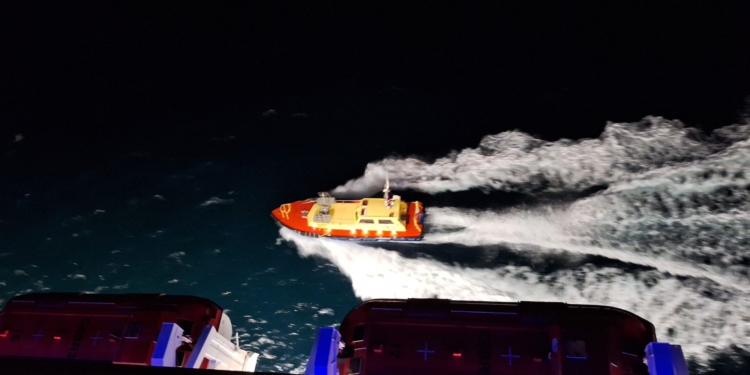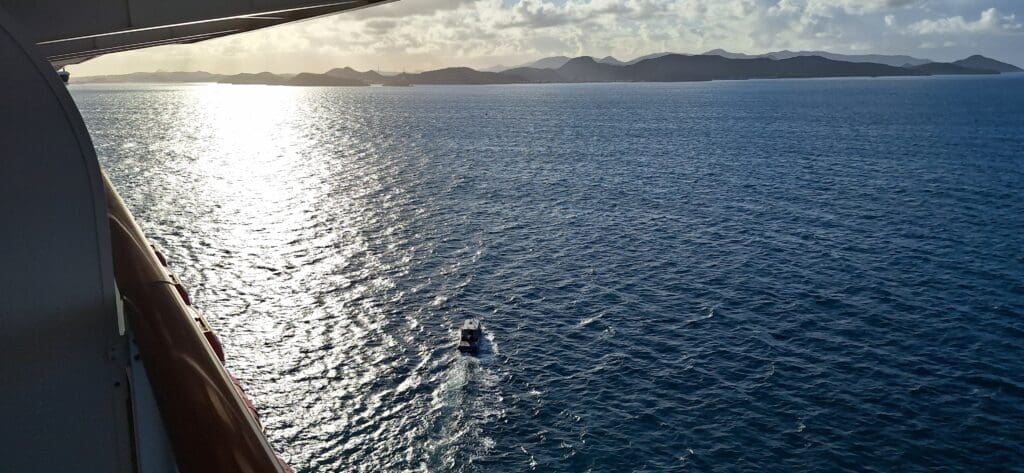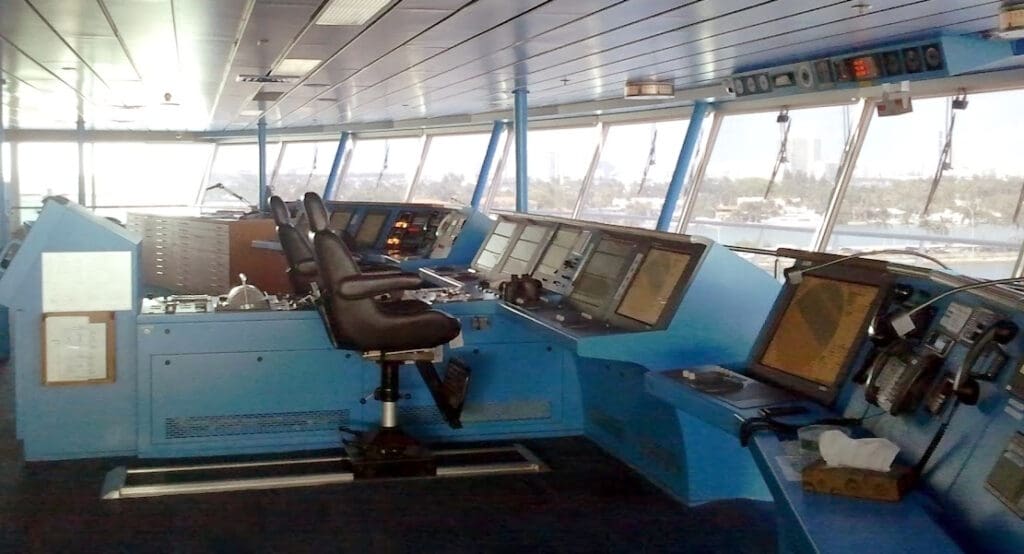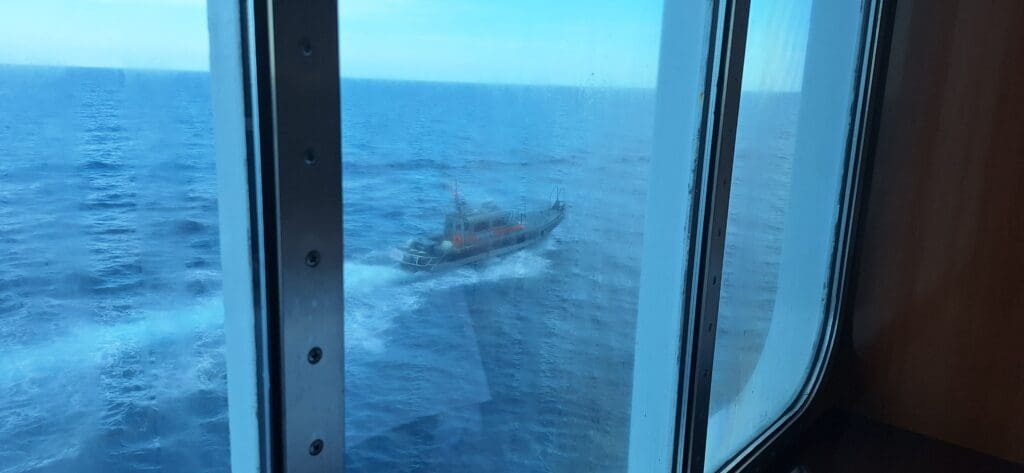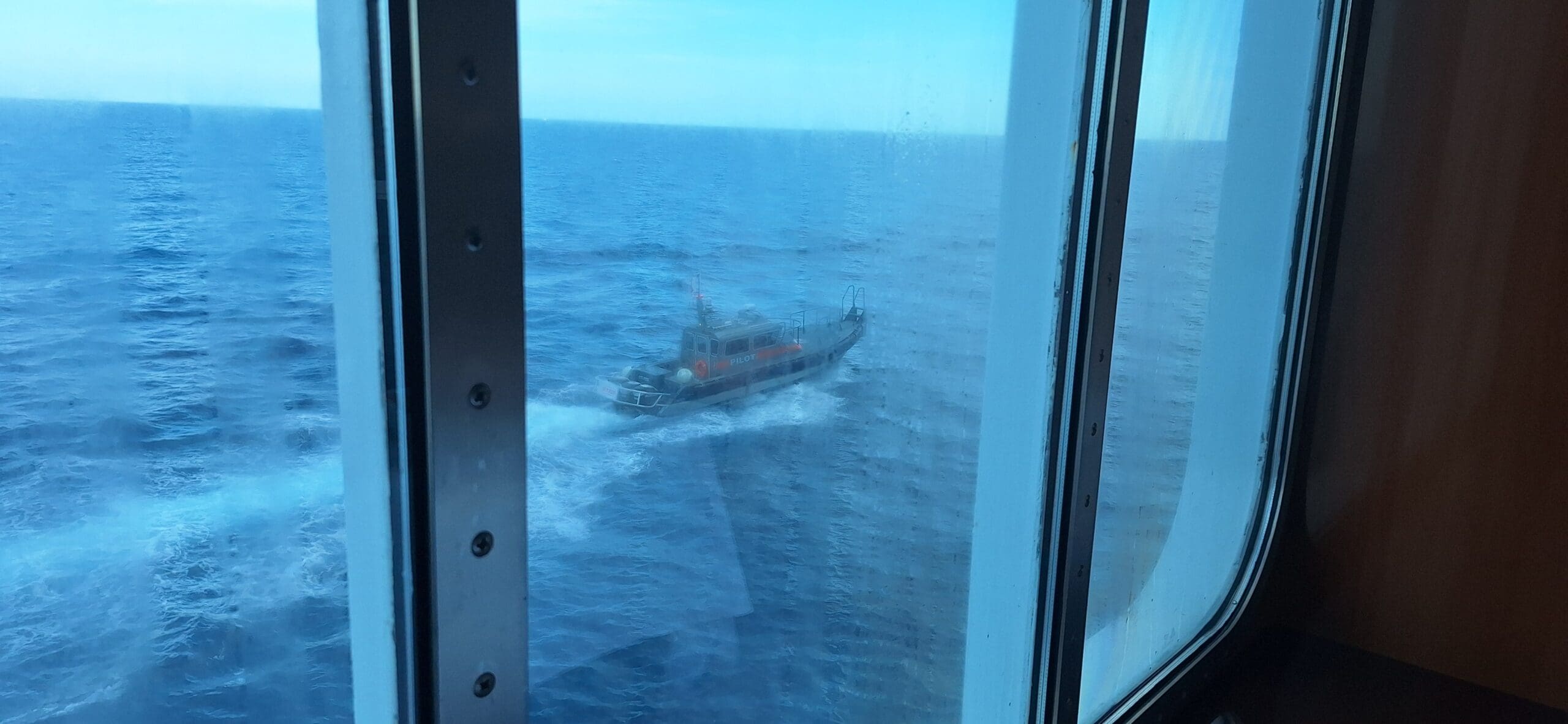Advertiser Disclosure: Eye of the Flyer, a division of Chatterbox Entertainment, Inc., is part of an affiliate sales network and and may earn compensation when a customer clicks on a link, when an application is approved, or when an account is opened. This relationship may impact how and where links appear on this site. This site does not include all financial companies or all available financial offers. Opinions, reviews, analyses & recommendations are the author’s alone, and have not been reviewed, endorsed, or approved by any of these entities. Some links on this page are affiliate or referral links. We may receive a commission or referral bonus for purchases or successful applications made during shopping sessions or signups initiated from clicking those links.
We are all familiar with a pilot who flies a plane. But the pilot who comes on board a cruise ship is very different. On a cruise ship, a pilot is a local navigation expert who boards the ship either at the dock, when departing, or at sea when arriving and helps guide the vessel safely into and out of port. They’re one of the most important people you’ll rarely ever see on your vacation unless you have a balcony cabin.
Every port around the world has its own unique challenges — even if a ship’s captain has visited the location many times before. There might be narrow channels, tricky tides, shallow sandbars, strong currents, or heavy boat traffic that is different almost every visit. Even the most experienced cruise ship captain can’t know the intimate details of every harbor — and that’s where the pilot comes in to help out.
The pilot is not part of the ship’s crew and does not work for any specific cruise line. Instead, they’re a harbor specialist who knows every inch of the local waterways where they live. Before your ship arrives, a small pilot boat speeds out to meet it, often miles offshore. The pilot carefully climbs aboard often times with rolling waves making it tricky and heads straight to the bridge to meet with your captain.
Here’s an important point to know and that is the ship’s captain always retains ultimate authority. The pilot doesn’t “take over” the ship; rather, they advise and guide based on their local expertise. The captain and bridge officers make the final calls as it is their ship to command, but they rely on the pilot’s knowledge for safe maneuvering in unfamiliar waters. If tugboats are needed, the pilot coordinates their efforts with the captain’s approval to call them in to assist the ship.
Once you’re docked, the pilot’s work is done until it is time for your departure, when they will again guide the ship back out to open sea.
Difficult Ports & Dangers
Some ports test even the most skilled pilots. A few examples are:
- Juneau, Alaska – Strong currents and narrow approaches mean timing is everything.
- Gustavia, St. Barts – Small harbor, tight turns, and shallow spots make maneuvering tricky for large ships.
- Sydney, Australia – Busy ferry traffic and shifting winds can turn docking into a real challenge.
- Ketchikan, Alaska – Ships dock right alongside a bustling waterfront, requiring pinpoint precision.
These types of challenges are why ports require pilots and why one wrong turn could mean grounding the ship, damaging the pier, or worse. The pilot’s skill, combined with the captain’s command, makes sure that your vacation begins and ends safely.
If you ever wondered about what the pilot does — now you know! – René
Advertiser Disclosure: Eye of the Flyer, a division of Chatterbox Entertainment, Inc., is part of an affiliate sales network and and may earn compensation when a customer clicks on a link, when an application is approved, or when an account is opened. This relationship may impact how and where links appear on this site. This site does not include all financial companies or all available financial offers. Opinions, reviews, analyses & recommendations are the author’s alone, and have not been reviewed, endorsed, or approved by any of these entities. Some links on this page are affiliate or referral links. We may receive a commission or referral bonus for purchases or successful applications made during shopping sessions or signups initiated from clicking those links.


